GREGORY NAGY
HOMERIC QUESTIONS

University of Texas Press Austin
Copyright 1996 by the University of Texas Press
All rights reserved
Printed in the United States of America
Second paperback printing, 2002
Requests for permission to reproduce material from this work should be sent to Permissions, University of Texas Press, Box 7819, Austin, TX 78713-7819.
utpress.utexas.edu/index.php/rp-form
Library of Congress Cataloging-in-Publication Data
Library ebook ISBN: 978-0-292-79621-8
Individual ebook ISBN: 978-0-292-77874-0
DOI: 10.7560/755611
Nagy, Gregory.
Homeric questions / Gregory Nagy. 1st ed.
p. cm.
Includes bibliographical references (p. ) and index.
ISBN 0-292-75562-7 (pbk. : alk. paper)
1. HomerTechnique. 2. Epic poetry, GreekHistory and criticismTheory, etc. 3. Oral formulaic analysis. 4. Oral traditionGreece. I. Title.
PA4037.N345 1996
883.01dc20 95-39353
To the memory of Albert Bates Lord
Contents
The core of this book is a speech, the Presidential Address of the 1991 convention of the American Philological Association, which was later developed into an article. Now I have finally rewritten all three articles to suit the original idea of the book. The introduction and the epilogue, which frame the four chapters of the book, come closest to the original speech. That speech, and this whole book, pose some Homeric questions to an audience of classical philologists. These questions, I think, are relevant to the legacy of the classics, of philology itself. More than that: if I am right that philology is a focal point of humanistic studies, these questions may be relevant in one way or another to all students of the humanities.
N 1992a.
N 1992b, 1995.
The title of this work is marked by the word Questions, in the plural. It takes the place of the expected singular, along with a definite article, associated with that familiar phrase, the Homeric Question. Today there is no agreement about what the Homeric Question might be. Perhaps the most succinct of many possible formulations is this one: The Homeric Question is primarily concerned with the composition, authorship, and date of the Iliad and the Odyssey. Not that any one way of formulating the question in the past was ever really sufficient. Who was Homer? When and where did Homer live? Was there a Homer? Is there one author of the Iliad and the Odyssey, or are there different authors for each? Is there a succession of authors or even of redactors for each? Is there, for that matter, a unitary Iliad, a unitary Odyssey?
I choose Homeric Questions as the title of this book both because I am convinced that the reality of the Homeric poems, the Iliad and the Odyssey, cannot possibly be comprehended through any one Question, and because a plurality of questions can better recover the spirit of the Greek word ztma, meaning the kind of intellectual question that engages opposing viewpoints. In Platos usage, ztma refers to a question or inquiry of a philosophical nature. This is the word used in the title of Porphyrys Homeric Questions, a work that continues in a tradition that can be traced as far back as Aristotle. As Rudolf Pfeiffer writes, Probably over a long period of time Aristotle had drawn up for his lectures a list of difficulties [apormata or problmata] of interpretation in Homer with their respective solutions [lseis]; this custom of ztmata probllein may have prospered at the symposia of intellectual circles.
For my own approach to Homeric Questions, diction is the primary empirical given.
We will return to the topic of diction presently. For now let us continue with the account by Pfeiffer:
Although certain circles of the Alexandrine Museum seem to have adopted this method of ztmata, which amused Ptolemaic kings and Roman emperors, as it had amused Athenian symposiasts, the great and serious grammarians disliked it as a more or less frivolous game. It was mainly continued by the philosophic schools, Peripatetics, Stoics, Neoplatonists, and by amateurs, until Porphyry (who died about 305 [C.E.]) arranged his final collection of Homrika ztmata in the grand style, in which he very probably still used Aristotles original work.
The title Homeric Questions reaffirms the original Aristotelian seriousness of Homrika ztmata, avoiding the accretive implications of frivolity. To this extent it matches the seriousness of scholarship in the period of the Renaissance and thereafter concerning the Homeric Question. But my title also affirms the need to pose the question in such a way that it will not presuppose the necessity of any single answer or solution, lsis. And even if a unified answer were to be achieved in the long run, the result is likely to be a blend achieved from a plurality of different voices, not the singular strain of a monotone edict emanating from the unquestioned authority of accepted scholarship to which some would assign the title of philology.
For purposes of my argument, we need to turn back to earlier understandings of the very idea of philology. Let us consider, for example, the report of Suetonius that Eratosthenes of Cyrene, who succeeded the scholar-poet Apollonius of Rhodes as head of the Library of Alexandria, was the first scholar to formalize the term phillogos in referring to his identity as a scholar, and that in so doing he was drawing attention to a doctrina that is multiplex variaque, a course of studies that is many-sided and composed of many different elements.
The era of the great Library of Alexandria reflects a link between our new world of philology and the old world of the actual words that are studied in philology, like the ipsissima verba credited to Homer. Those who presided over the words, as texts, were the Muses: the very name of the Library of Alexandria was, after all, the Museum, the place of the Muses, and its head was officially a priest of the Muses, nominated by the king himself. These Muses of the text had once been the Muses of performance.
The members of the Museum, which was part of the royal compound, have been described by Pfeiffer: They had a carefree life: free meals, high salaries, no taxes to pay, very pleasant surroundings, good lodgings and servants. There was plenty of opportunity for quarrelling with each other. One might say that the Museum itself was a formalization of nostalgia for the glory days when the Muses supposedly inspired the competitive performance of a poet. The importance of performance as the realization of the poetic art will become clear as the discussion proceeds.
In this concept of the seer, we see again the nostalgia of philology for the Muses of inspired performance.
The beginnings of a split between philology and performancea split that had led to this nostalgia, ongoing into our own timeare evident in an account of Herodotus that I have examined at length elsewhere, concerning two ominous disasters that befell the island of Chios, a reputed birthplace of Homer. In the earliest attested mention of schools in ancient Greece, Herodotus 6.27.2, the spotlight centers on an incident that occurred on the island of Chios around 496 B.C.E., where a roof collapsed on a group of 120 boys as they were being taught

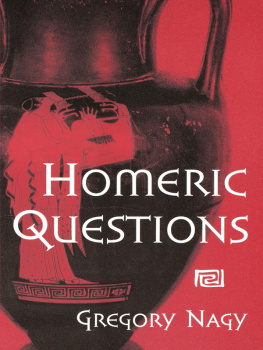

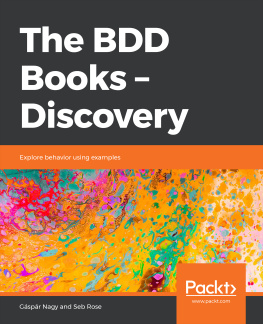
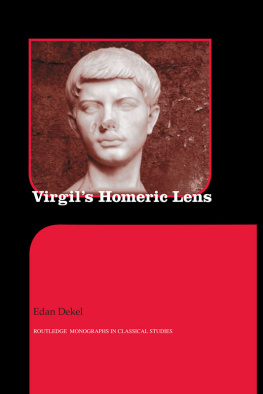
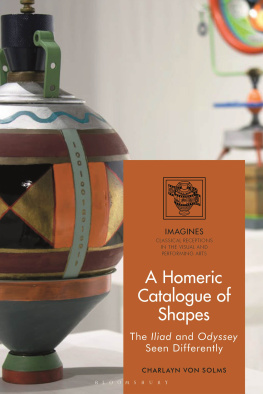
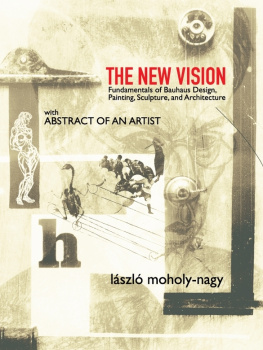
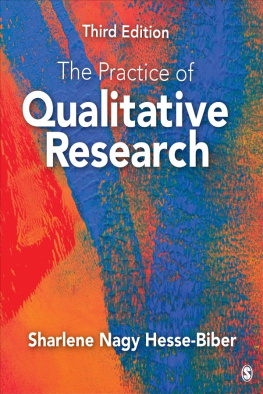
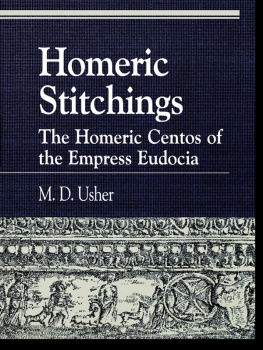
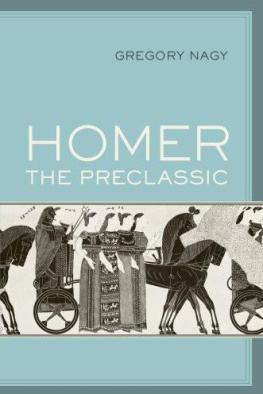
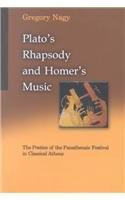
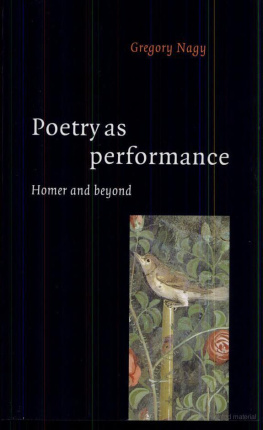


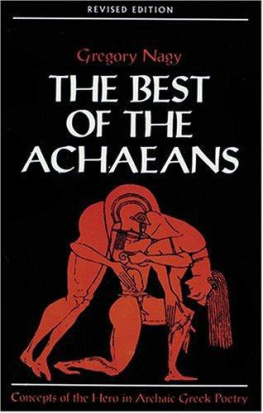

 University of Texas Press Austin
University of Texas Press Austin